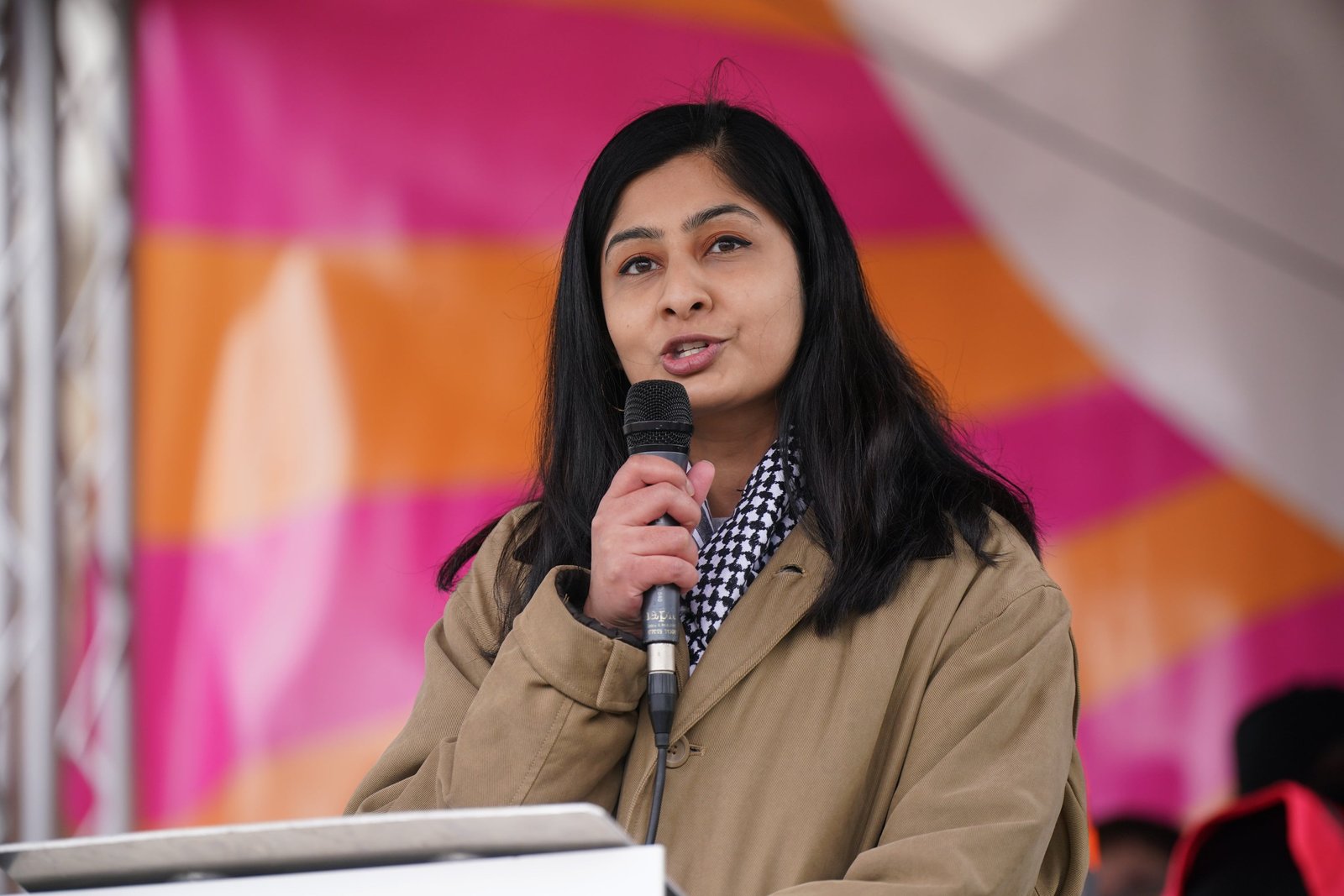On Thursday evening, ex-Labour MP Zarah Sultana announced plans to set up a new left-wing political party alongside Jeremy Corbyn, taking aim at the government for having “completely failed to improve people’s lives”.
“Westminster is broken but the real crisis is deeper,” Ms Sultana said, adding that “just 50 families now own more wealth than half the UK population”.
She promised to offer an alternative to “managed decline and broken promises” – but what exactly will that look like in practice? Here, The Independent runs through everything we know so far about the new left-wing offering in Westminster.

What is their mission? And do they have any policies?
As disaffection grows with Sir Keir Starmer’s government following last week’s humiliating climbdown on welfare, Ms Sultana is attempting to offer a left-wing alternative to the Labour Party of today.
While the group is still in its formative stages and has yet to set out any clear policies, Ms Sultana’s social media statement gave a strong indication of where the party’s priorities will lie.
Their key mission, Ms Sultana suggested, was to offer an alternative to Labour, Reform and the Tories, which she claimed were fighting for billionaires.
As a result, we can expect her to put a strong emphasis on tackling poverty, given Ms Sultana previously had the Labour whip suspended from her for voting to lift the two-child benefit cap, and later voting against scrapping winter fuel payments for pensioners.
The MP also accused the government of wanting to “make disabled people suffer” – indicating support for a bolstered welfare state.
When it comes to foreign policy, her party is likely to have a strong emphasis on supporting Palestine, after she accused the government of being an “active participant in genocide”.
She also claimed both Sir Keir and Nigel Farage “smear people of conscience trying to stop a genocide in Gaza as terrorists”. It comes just days after Ms Sultana voted against a motion to proscribe Palestine Action as a terror organisation.
But at the same time, she also said the public wants more money “spent on public services, not forever wars” – indicating she would support a reversal of the government’s defence spending boost.

Who is involved?
While Ms Sultana said she will be leading the party with former Labour leader Jeremy Corbyn, The Times reported overnight that Mr Corbyn – who has been approached for comment – had not yet agreed to co-lead the project. He is yet to issue a statement supporting the movement.
She said the party will involve “other independent MPs, campaigners and activists across the country”. It is likely to be made up of Labour activists on the left of the party who have grown disillusioned with Sir Keir’s government, believing it has shifted too far to the right as part of an attempt to combat the threat of Reform UK.
How much support do they have?
It is too early to tell what kind of backing Ms Sultana’s party would have in practice. Overnight, she’s had more than 14,000 sign-ups to her page.
More broadly, polling conducted by More in Common last month – well before the MP unveiled her party – asked the public how they would vote if a left-leaning party led by Mr Corbyn emerged.
The hypothetical scenario saw 10 per cent of voters say they would back the party, taking three points from Labour, four points from the Greens, one point from the Lib Dems and one point from the SNP. Labour was left with 20 per cent support, neck and neck with the Tories, while Reform UK was on 27 per cent.







